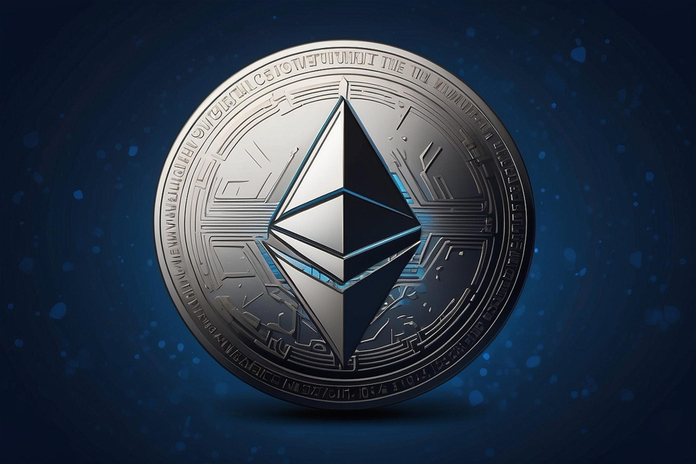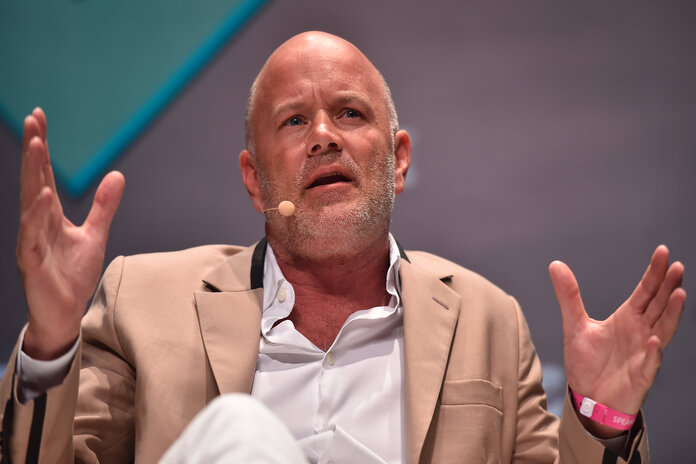Core Scientific Soars on AI Deal and $1B Buyout Offer
This post was originally published on this site

Core Scientific (NASDAQ:CORZ), a Bitcoin mining company, saw its shares surge up to 40% in pre-market trading following a significant AI deal with cloud computing firm CoreWeave and a reported buyout offer from the same company.
CoreWeave has reportedly made an all-cash offer to purchase Core Scientific, implying a 55% premium over the miner’s three-month average weighted share price as of May 31, according to Bloomberg, which cited an anonymous source. This offer values the Austin, Texas-based miner at over $1 billion, considering its 178 million outstanding shares. Core Scientific recently emerged from bankruptcy after suffering during a harsh crypto winter.
Neither CoreWeave nor Core Scientific immediately responded to requests for comments on the matter.
In addition to the buyout offer, CoreWeave signed a 12-year deal with Core Scientific to host AI-related services, committing around $300 million in capital investments with options for capacity expansion.
This development follows a trend of increasing mergers and acquisitions in the mining sector. Notably, Riot Platforms (NASDAQ:RIOT) recently made a hostile bid to acquire peer Bitfarms (NASDAQ:BITF).
CoreWeave raised $1.1 billion in new funding in May, with investors including Coatue Management and Magnetar Capital.
Featured Image: Freepik





